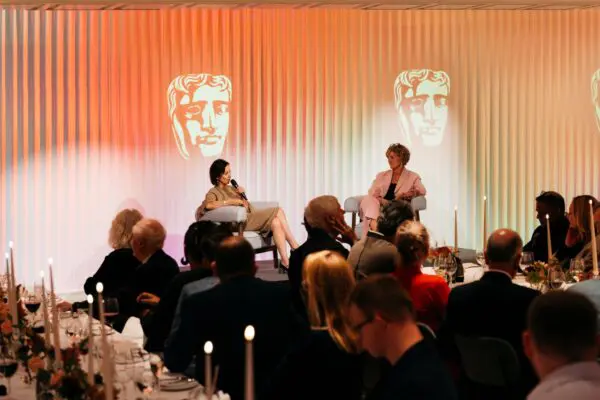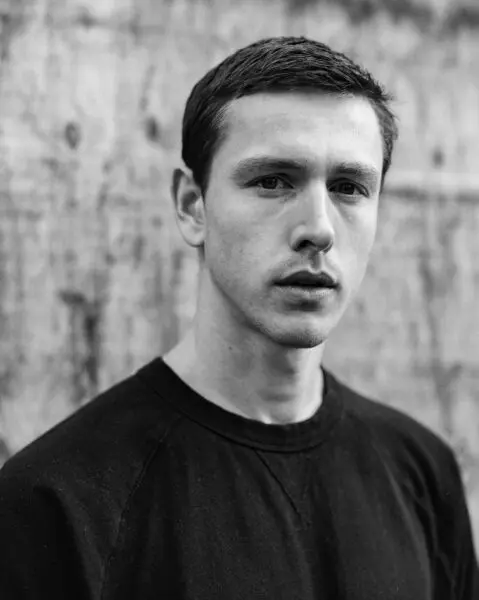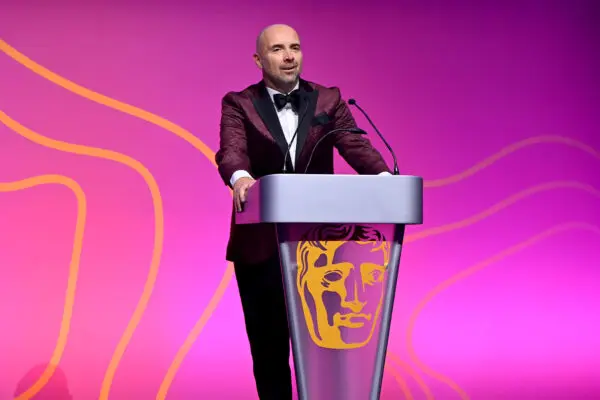Documentaries and factual dramas have always been important for capturing moments in time, creating records of real life events and telling stories that need to be told. In recent years particularly they have also shown themselves to be an effective tool for raising public awareness about social issues and giving people a platform to use their voice.
Examples of the impact they are having on helping the public understand major social issues of our time include the recent multi-BAFTA winning Mr Bates vs The Post Office and the soon to be released Grenfell: Uncovered.
So why is this storytelling form so effective? And why is it so important right now? Some of the team involved in the documentary Grenfell: Uncovered; Director Olaide Sadiq, Producer Ahmed Peerbux, Contributor Omar Alhaj-Ali and Executive Producer James Rogan, took part in a special BAFTA Q&A that offers us some insights…
A tool for breaking down complex issues
Documentaries can be used to break down complex issues and help people understand what has happened.
In the case of Grenfell: Uncovered, Sadiq says: “Obviously we had to leave a lot out, the story of Grenfell is so big it’s impossible to tell it in feature length… I think our first task was just to try and package it in a way that would be digestible for audiences to perceive what went wrong, how it went wrong and who it affected.”
Similarly, Peerbux explains: “The thing is the [Grenfell] inquiry, the phase two report, it’s forensic and scathing and well evidenced – thousands of pages. But people won’t be going through the inquiry report, people will be watching this so this is how you take it out to people.”
Rogan further adds: “What the team have done so brilliantly [with Grenfell: Uncovered], is try to bring you on a singular journey through the facts of what went wrong, the warning signs.”
A chance to honour real people’s experiences
Documentaries allow space for people to share their stories and talk about their experiences to help drive change.
Peerbux explains that in the case of the Grenfell: Uncovered documentary in particular, “you’re asking people to relive a very, very traumatic event in their lives… and that can trigger all sorts of things again”, so it was key “to assure people of the worth of doing such a thing”.
But he reflected: “Every story has been allowed to breathe… it feels like every story has been honoured”.
By creating space for people to safely talk about their lived experience, documentaries can play a positive role in creating societal change.
Alhaj-Ali, a survivor of the fire, and contributor to Grenfell: Uncovered says he felt opening up about his experience was important to help people understand what had happened. He says: “I wanted to share the story about what happened that night, I mean how painful it was, how horrible it was. It’s something that I can’t really describe and it’s not just like a dream, it’s more than that… what I’ve seen is something I’d like to talk about so hopefully we can [stop] that from happening again.
“The pain that me, and everyone else, has been through should be told – people should hear about this.”









